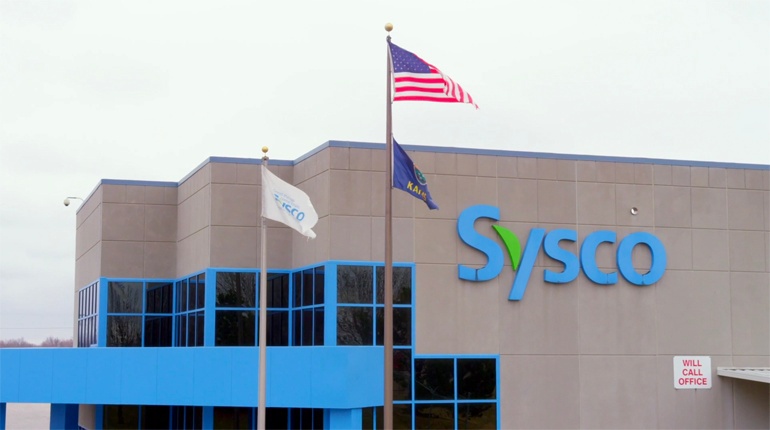
Patients desperately seeking treatment wind up getting worse, not better. Good nurses and doctors who sacrificed their lives to pursue a career in healthcare get so burned out they leave the industry they once loved. Hospitals that once prospered by providing their community with state of the art care now shutter their doors because they can no longer afford to operate.
These are not hypothetical scenarios, they’re what we’ve seen happen far too many times. Yes, we’ve seen the opposite too. C.A. Short Company has been blessed to work with some of the nation’s leading hospitals – ones who decided employee engagement would be a top priority and not just a bullet point on a meeting agenda.
This article isn’t about them -- or for that matter -- us.
It’s about what happens when employee engagement isn’t a priority. It’s about what happens when well-intentioned folks cause more harm than good. But, above all, it’s about how there’s still time to do better.
Cost to Patients:
When your healthcare team is disengaged, the ones who often suffer the most are your patients. Today we will be examining two key areas: Patient Satisfaction and Medical Errors.
Patient Satisfaction:
Patient Satisfaction – a major indicator of the health of your hospital – is nearly impossible to achieve with a disengaged team. Why? It’s pretty hard to be satisfied with the service you receive when you’re dealing with a burned-out team, suffering from a Hospital-Acquired Condition (HAC), receive sub-par treatment, or sustain injuries as a result of your stay. But, these things can – and often do – occur when your employees are disengaged.
Consider these statistics:
- Nearly 60% of healthcare workers are not highly-engaged and over 40% of physicians report they are dissatisfied with the medical profession as a whole. Many patients are emotionally drained enough when they’re hospitalized, dealing with a burned-out team only makes matters worse.
- HACs, on average, are 13% higher when your team is disengaged. Patients are not going to be pleased if they come to your hospital for treatment and wind up getting a new -- and preventable -- disease!
- When your team is disengaged, patient safety decreases by around 15%. Patients have to worry about a lot when they’re in a hospital, whether or not they’ll be injured by employees shouldn’t be one of them.
- Disengagement destroys the quality of health care a patient should – and deserves to – receive. Healthcare workers report that, when they are disengaged, they only provide top-quality service 23.3% of the time. By any imaginable standard, this is unacceptable.
Medical Errors:
If your workers are disengaged, you can expect the number of medical errors they make to rise sharply. That’s terrible news for your team and even worse news for your patients. Errors in the healthcare industry aren’t like those in other jobs, where a customer may be temporarily inconvenienced from your mistake.
Medical errors are deadly -- so deadly, in fact, they are the number three leading cause of death in the United States. Claiming over 250,000 lives a year, only heart disease and cancer kill as many people annually. That’s pretty staggering considering cancer and heart disease don’t typically occur because someone was “having a bad day.”
When your team is engaged, medical errors plummet, and that’s not the only thing to decrease. For every 10% increase in employee engagement, mortality rates drop by nearly 2.5%. That’s huge!
Cost to Your Bottom Line:
Your patients aren’t the only ones to suffer when your employees are disengaged. Your shareholders pay a great cost as well. Here are just a few of the ways your profits go on life support:
Increased Fines
In 2015 alone, the federal government fined over 2,600 hospitals for having too many readmissions. That same year, the government also withheld over $371 million in Medicare payments.
Increased Turnover
When your employees are disengaged, they leave to find better employment conditions elsewhere. Many are willing to leave the industry entirely. This costs hospitals a fortune, especially when you consider that just nursing turnover can cost a hospital 5% of its total budget.
Decreased Productivity
Productivity = profits, and when your employees are disengaged, you will see your profits plummet – to the tune of $460,000 per physician.
Higher Costs - Lower Revenue = Less Profit. That’s a pretty simple formula, but it is a devastating one if not corrected promptly.
The Solution
By now, you’re likely asking yourself, what can I do to solve this problem? The answer is one we’ve been working on at C.A. Short Company for nearly a century.
Throughout our distinguished 80-year history in the employee engagement industry, we’ve worked with some of the healthcare industry’s biggest names. Together, we have crafted comprehensive engagement strategies custom-tailored to meet the needs of healthcare providers. And the good news is, there’s still time to turn things around!
If you’d like to learn a little more about how we have made hospitals safer and more prosperous places, we’d love to hear from you. Don’t worry, we’re not like the other guys. We won’t pressure you with over-the-top sales tactics.
At C.A. Short Company, we offer solutions and strategies – not sales pitches.
C.A. Short Company partners with companies to manage, drive and facilitate increased employee engagement to increase financial performance, productivity, quality, and core performance outcomes. Our process and research-based platform enables executives and managers to engage their teams to increase the bottom line, motivate staff, and incentivize positive behavior. To Request a Complimentary Consultation, click here.







-Dec-23-2020-01-45-38-40-AM.png)


SHARE